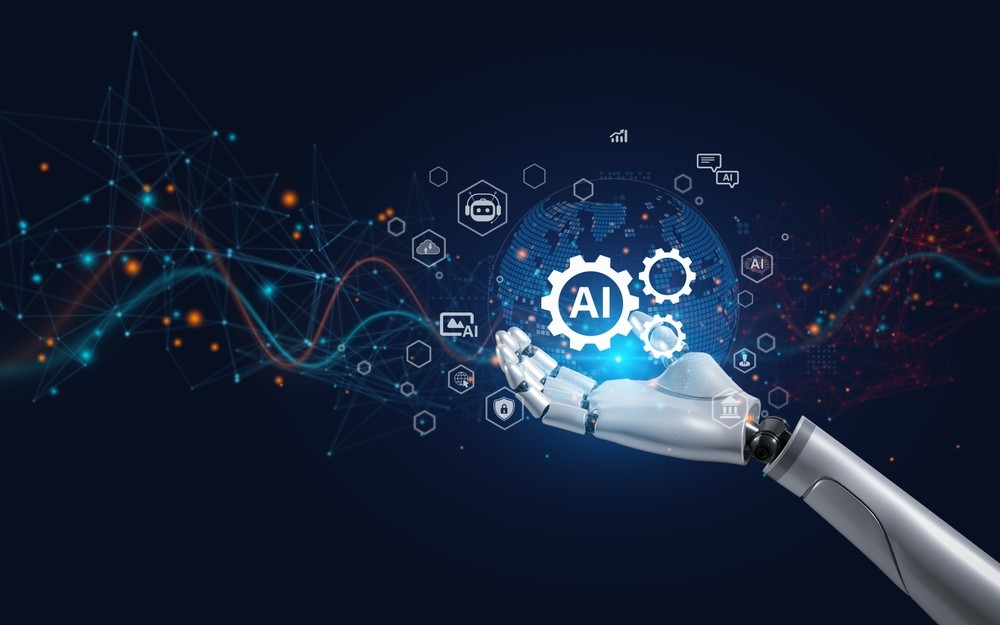SolarWinds has released the findings from its 2024 IT Trends Report, AI: Friend or Foe? The report, based on a survey of nearly 700 IT professionals about their views on artificial intelligence (AI), found that despite a near-unanimous desire to adopt AI technology, very few respondents have confidence in their organisation’s readiness to integrate AI, pointing to limitations in data and infrastructure and security concerns.
The report found that while IT pros have a growing interest in embracing AI technology, with nine out of ten already using or planning to use AI, concerns remain about data quality, database infrastructure readiness, and—above all else—security and privacy.
“While talk of AI has dominated the industry, IT leaders and teams recognise the outsize risks of the still-developing technology, heightened by the rush to build AI quickly rather than smartly,” said Krishna Sai, SVP, Technology and Engineering at SolarWinds. “With the proper internal systems in place and by prioritising security, fairness, and transparency while building AI, these technologies can serve as a valuable advisor and coworker to overworked teams, but this survey shows that IT pros need to be consulted as their companies invest in AI.”
Overall, the industry’s sentiment reflects cautious optimism about AI despite the obstacles. Almost half of IT professionals (46%) want their company to move faster in implementing AI despite costs, challenges, and concerns, but only 43% are confident that their company’s databases can meet the increased needs of AI. Moreover, even fewer (38%) trust the quality of data or training used in developing AI technologies.
The report unveiled significant insights into IT professionals' perspectives on AI, including:
AIOps drives efficiency and productivity: IT pros cited AIOps as the AI technology that will have the most significant positive impact on their role (31%), ranking above large language models and machine learning. More than a third of respondents (38%) said their companies already use AI to make IT operations more efficient and effective.
Distrust of data powering AI: Only 38% of respondents are very trusting of the data quality and training used in AI technologies, and rank data quality as a major barrier to AI adoption, second only to security and privacy risks. Because of this, today’s IT teams see AI as an advisor (33%) and a sidekick (20%) rather than a solo decision-maker.
Privacy and security concerns are barriers to AI adoption: Respondents overwhelmingly named privacy and security concerns as the most significant barrier to AI integration. When asked about their challenges with AI, four out of 10 (41%) respondents said they’ve had negative experiences. Of those, privacy concerns (48%) and security risks (43%) were most often cited as the reasons why.
IT Pros call for government regulation: IT pros specifically call for increased government regulations to address security (72%) and privacy (64%). More than half of respondents also believe government regulation should play a role in combating misinformation, as training AI models—including data quality—is a matter of both ethics and security.
To ensure successful and secure AI adoption, IT pros recognise that organisations must develop thorough policies on ethics, data privacy, and compliance, pointing to ethical considerations and concerns about job displacement as other significant barriers to AI adoption. The SolarWinds report found that more than a third of organisations (35.6%) still don’t have these policies in place to guide proper AI implementation.
In keeping with SolarWinds’ history of working alongside the IT community and to address these concerns about the development of AI, the company recently unveiled its AI by Design framework, a new industry model for the ethical and secure development of advanced AI technologies. AI by Design is built on four guiding principles: prioritising privacy and security, focusing on accountability and fairness to eliminate biases, emphasising transparency and trust, and ensuring simplicity and accessibility for seamless integration into workflows.
Built on the success of its Secure by Design initiative, the company believes that the new AI by Design framework will set a model for how the broader industry should approach AI. The company also recently announced its new SolarWinds AI generative AI engine, which was purpose-built using the AI by Design framework.
The company’s recent AI investments build on its longstanding commitment to helping modern IT teams embrace advanced technologies and navigate the emerging challenges of modern hybrid on-prem and multi-cloud digital environments. The company’s suite of observability, database, and service management solutions are designed to optimise today’s hybrid IT environments and simplify the lives of IT pros.







